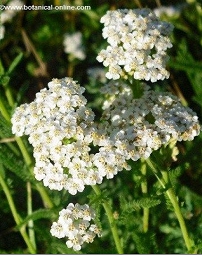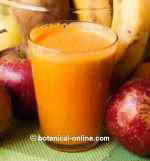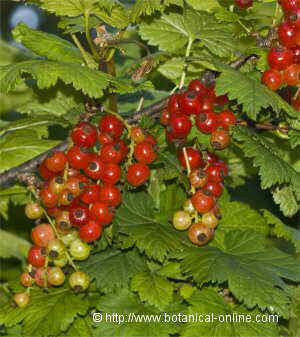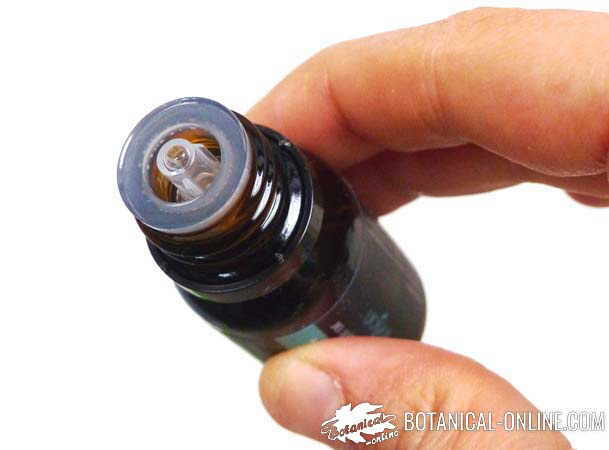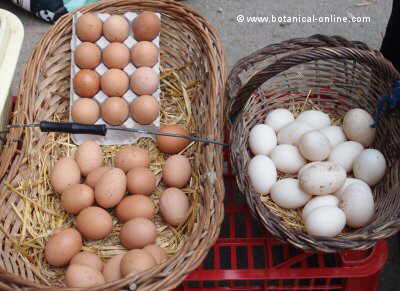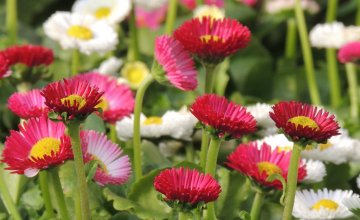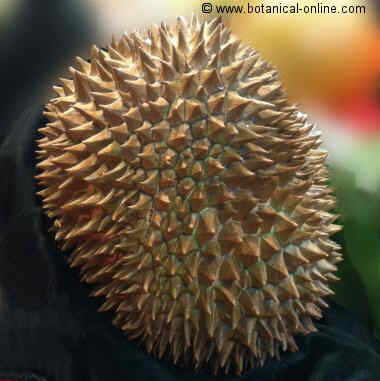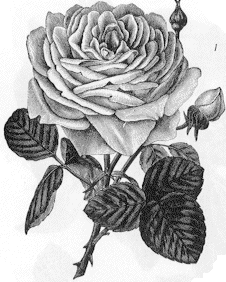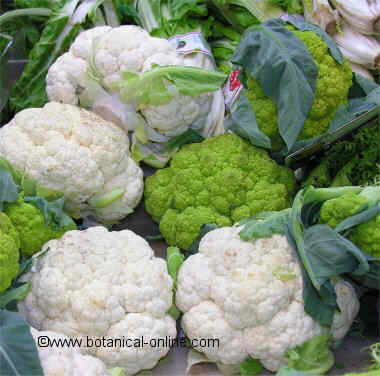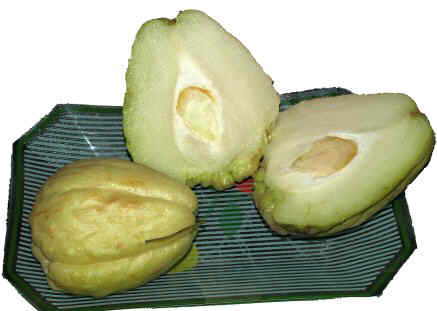Contents
- 1 Remedies against intestinal worms
- 1.1 Medicinal plants for the treatment of intestinal worms
- 1.2 Natural treatment for intestinal worms
- 1.3 Phytotherapy against parasites
- 1.4 Medicinal plants to treat intestinal worms
- 1.5 Medicinal plant seeds for intestinal worms
- 1.6 Medicinal plants rich in berberine against diarrhea and parasites
- 1.7 Other plants against intestinal worms
- 1.8 Medicinal herbal infusions to eliminate intestinal worms
- 1.9 Other treatments to eliminate intestinal worms
Remedies against intestinal worms
Medicinal plants for the treatment of intestinal worms
Parasitic worms or intestinal worms are parasitic organisms capable of living inside the human body, and can cause, in addition to personal discomfort, more or less serious damage to the health of the person (host).
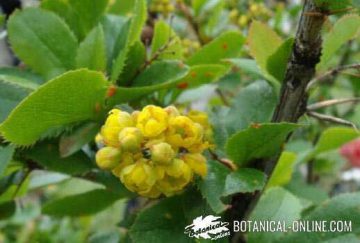
Intestinal worms are a minor problem in developed countries because they are easily eradicated by rapid treatment. When an infection of this type appears, it is advisable to seek the advice of a physician to avoid possible complications.
Natural treatment for intestinal worms
There are very effective medical treatments to eliminate intestinal worms. These medications are called anthelmintics. The active principles of these plants have vermifuge properties to fight against intestinal parasites.
Additionally, or if there are no resources to have these medicines, it is possible to resort to traditional medicine and recover natural resources capable of killing intestinal worms in minor infections or that will help conventional treatments to eliminate these parasites. At this point it is worth insisting that the best way to treat intestinal parasites is to see a doctor, because as an infection is allowed to progress, recovery becomes more complicated.
Phytotherapy against parasites
Knowing the type of infection will help us better determine a treatment. There are different types of parasites that can infect the intestine. Among these, there are pinworms (very small, white, causing anal itching), intestinal worms or ascaris (produce abdominal pain and loss of appetite) and tapeworms (normally asymptomatic, the signs are the presence of tapeworm segments in feces).
If any of these symptoms appear, or when abnormalities are observed in the stool, it is recommended to consult with the doctor what type of treatment is most appropriate according to the patient’s conditions, especially in children.
Medicinal plants to treat intestinal worms
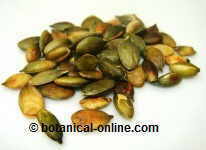
Phytotherapy in the treatment of intestinal worms involves the use of a series of medicinal plants with anthelmintic properties, that is, capable of killing or expelling the worms. Among all the plants we can mention as most important:
Medicinal plant seeds for intestinal worms
- Pumpkin: (Cucurbita pepo) Pumpkin seeds, due to their cucurbitin content, have anthelmintic properties. Eating a daily portion of fresh seeds can eliminate intestinal worms.
- Papaya: (Carica papaya) The ability of papain to break down meat has been used in folk medicine to eliminate intestinal worms. Chinese medicine macerates these fruits in apple cider vinegar, which is then drunk to eliminate parasitic worms or tapeworms.
- Mexican tea = wormseed = Jesuit’s tea: (Chenopodium ambrosioides) Infusion of 10 g of crushed dry seeds in a glass of water. One glass a day for the elderly and half a glass for children. (This treatment is not recommended due to the toxicity of the plant. If the dose is exceeded, it is toxic) (In children always under pediatric advice).
Medicinal plants rich in berberine against diarrhea and parasites
Berberine is an alkaloid that is extracted from the root, rhizome or stem of some plants with incredible antidiabetic, anti-inflammatory, antioxidant, antibiotic, antiviral, antifungal and deworming properties, with the advantage of not harming the intestinal flora. Berberine has proven effective against various strains of bacteria such as cholera, giardia, shigella and salmonella; also against staphylococcus, streptococcus and clostridium. Traditionally, various plants rich in berberine are listed as remedies for diarrhea and deworming. Current scientific research has confirmed that berberine is, undoubtedly, an excellent antiparasitic, especially against protozoa.
For use as a dewormer, scientific studies have found that, surprisingly, berberine is more effective when used in plant form than when obtained in tablet form, suggesting a synergistic effect between berberine and other plant components. (Acquire berberine in herbalists, through plants such as Chinese goldthread (Coptis chinensis) or with barberry root and bark.
Other plants against intestinal worms

Infusions of the yarrow help expel intestinal worms Lemon: (Citrus limonum) Lemon seeds crushed and boiled in milk can kill worms when taken on an empty stomach. (Crush half a tablespoon of lemon seeds – about 10 – for children and one tablespoon for adults. Boil them in a glass of milk. Strain and drink a glass a day for 3 or 4 days. In addition to papain, other alkaloids are involved in this property, such as carpaine or caricin. Without having to use this procedure, we can eliminate intestinal worms simply by eating a teaspoon of crushed seeds – these seeds are extremely spicy. We can also use green fruit juice (Take a teaspoon of green papaya juice, mixed with the same amount of honey and twice as much water – honey partially eliminates the spicy flavor of these seeds).
- Mugwort (Artemisa vulgaris) (Infusion of flowering tops at a rate of 30g per liter. Take 1 cup on an empty stomach and another 2 before each main meal. Repeat for 2-3 days and do it again after 1 week).
- Arugula (Eruca vesicaria) A. W. Hill) The seeds of this plant are suitable for eliminating worms.
- Tansy: (Tanacetum vulgare) Beta thujone has vermifuge properties, from which from which its popular name in Spanish of “Hierba lombriguera ” derives. The word “Lombriguera” comes from the Spanish word Lombriz, “Worm”, and “Hierba”, which comes from the word “Herb”in English. This plant can be used to eliminate intestinal worms or tapeworms. (Infusions of 5% of the seeds or dried floral tops). (Plant with toxic properties. See the complete study of this plant).
- Bitter-wood (Quassia amara)
- Pennyroyal (Mentha pulegium)
- Cotton lavender (Santolina chamaecyparissus)
Medicinal herbal infusions to eliminate intestinal worms
- Tamarind (Tamarindus indica) Effective remedy used in some regions of Africa and India to treat intestinal parasites. (infusion of 30g of dried leaves per liter of water, 3 cups daily).
- Tarragon (Artemisia dracunculus) (Use tarragon as a seasoning).
- Gentian: (Genciana lutea) The carvacrol content of gentian gives it vermifuge properties so it is suitable for the expulsion of intestinal worms.
- Yarrow: (Achillea millefolium) A very mild treatment for children with intestinal worms can be done with yarrow. (Infusion of one tablespoon in a cup of water for 15 minutes. (Two tablespoons three times a day).
- Clove: (Eugenia caryophyllata) Clove has been widely used as a vermifuge to expel intestinal worms. (Infusion for 15 minutes of one tablespoon of cloves per liter of water. Take three glasses a day between meals).
- Hops (Humulus lupulus) (Infusion of half a tablespoon of hop cones per glass of water).
Other treatments to eliminate intestinal worms

Carrot juice is a good remedy for intestinal worms Carrot: (Daucus carota) Equally simple is the treatment carried out with carrot juice. (Mash some carrots and drink the juice)
- Wormwood: (Artemisia absinthium) (Crush the dried plant until it turns into powder. Take 1 g a day sweetened with honey) (Dissolve 3 drops of essential oil in a glass of water) (take wormwood pill according to the conditions of the sales leaflet in natural product stores).
- Garlic: (Allium sativum) The sulfur components of garlic can be useful in eliminating pinworms. (Crush a clove of garlic. Add two tablespoons of water and mix well. Take a couple of tablespoons a day.)
![]() More information on parasites and their treatment
More information on parasites and their treatment

